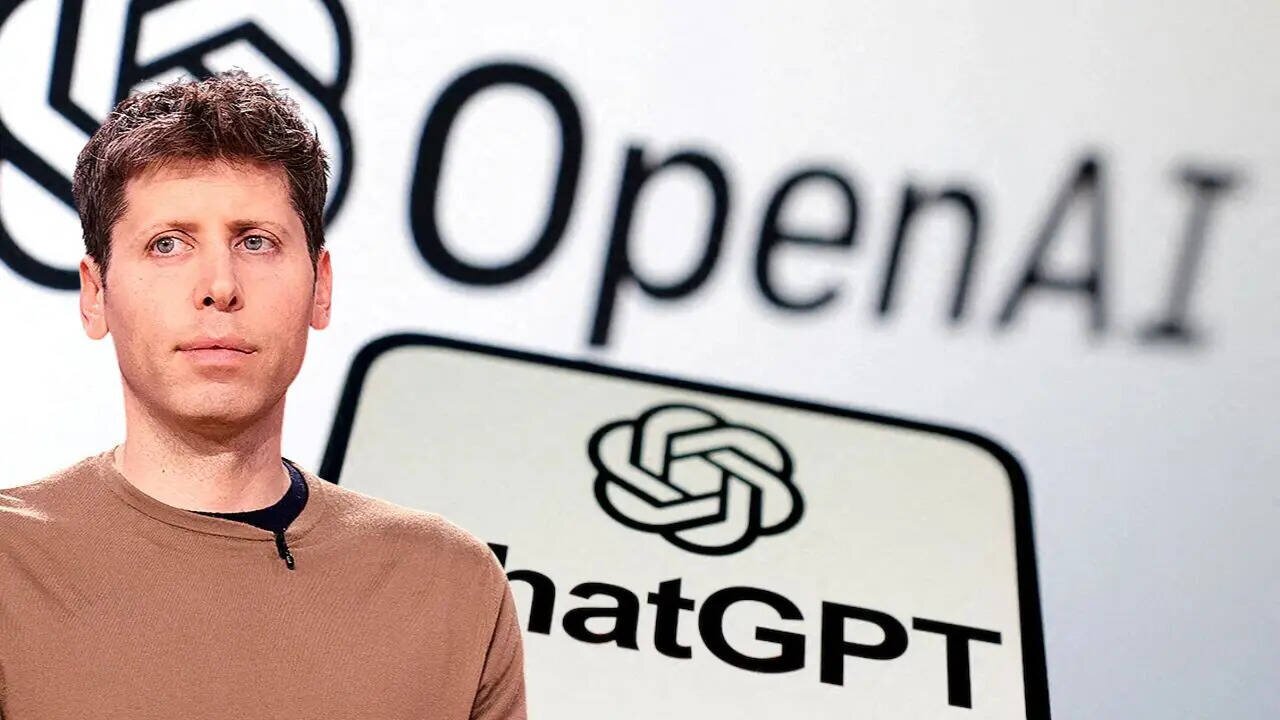
Sam Altman Announces: GPT-6 Will Be Called '6-7' – and the Internet Lost It
After disappointment over GPT-5, the OpenAI CEO reignited debate with a cryptic viral post referencing Gen Alpha slang.
After GPT-5 received harsh criticism and widespread disappointment, OpenAI CEO Sam Altman has once again managed to capture global attention.
In a brief and cryptic post on X, Altman declared that the company’s next model, GPT-6, will be called 'GPT-6-7.' The announcement instantly went viral, sparking confusion, humor, and speculation across the internet.
GPT-5, one of the most anticipated artificial intelligence models in recent years, was launched in August after months of hype led by Altman himself, who claimed it would be 'smarter than anything we’ve ever seen.' But a few months later, the reality proved underwhelming.
Instead of the promised revolution, many users complained that the model felt slower, colder, and less intuitive than before.
Facing heavy criticism online, OpenAI was even forced to partially restore GPT-4’s functionality weeks after the launch.
Now, with the controversy seemingly behind him, Altman has reignited it.
In his short post on X, he wrote: 'GPT-6 will be renamed GPT-6-7.
You’re welcome.'
For those unfamiliar with Gen Alpha slang — referring to those born between 2011 and 2024 — '6-7' might sound like an inside joke among engineers.
But according to Dictionary.com, which recently named '6-7' the 2025 Word of the Year, the phrase has become a viral expression among young people.
It roughly means 'so-so' or 'maybe, maybe not,' often accompanied by a hand gesture mimicking the act of juggling between two choices.
So is Altman serious about calling his next model by this bizarre viral name, or is it another linguistic stunt meant to grab attention?
No one knows.
Yet in a world where every OpenAI post is examined under a microscope, even a joke can turn into global headlines.
Some suggest Altman may simply be enjoying the hype, while others think the post could hint that OpenAI is already working on GPT-6 — a next-generation model meant to fix GPT-5’s shortcomings.
Either way, the choice of name might not be accidental.
The term '6-7' also resonates with younger audiences who spend their days on TikTok, creating memes and slang that adults often fail to understand.
The strategy might reflect OpenAI’s broader attempt to connect with younger users, who are increasingly abandoning traditional search engines like Google and Bing in favor of AI-powered tools such as ChatGPT.
For this generation, long articles and website browsing have given way to concise, instant answers.
In that context, Altman’s adoption of the '6-7' meme may be a clever wink to the next generation — a way to make AI feel less intimidating and more fun, evolving from a scientific tool into a cultural phenomenon that speaks the language of the internet.
Ultimately, OpenAI remains a tech company that needs to grow its audience and build emotional connection with users.
Understanding how to communicate with them — and how to make them fall in love with the brand — is part of that mission.
Whether Altman truly names the next model 'GPT-6-7' or not, one thing is clear: he has once again made the world talk about ChatGPT.
In a brief and cryptic post on X, Altman declared that the company’s next model, GPT-6, will be called 'GPT-6-7.' The announcement instantly went viral, sparking confusion, humor, and speculation across the internet.
GPT-5, one of the most anticipated artificial intelligence models in recent years, was launched in August after months of hype led by Altman himself, who claimed it would be 'smarter than anything we’ve ever seen.' But a few months later, the reality proved underwhelming.
Instead of the promised revolution, many users complained that the model felt slower, colder, and less intuitive than before.
Facing heavy criticism online, OpenAI was even forced to partially restore GPT-4’s functionality weeks after the launch.
Now, with the controversy seemingly behind him, Altman has reignited it.
In his short post on X, he wrote: 'GPT-6 will be renamed GPT-6-7.
You’re welcome.'
For those unfamiliar with Gen Alpha slang — referring to those born between 2011 and 2024 — '6-7' might sound like an inside joke among engineers.
But according to Dictionary.com, which recently named '6-7' the 2025 Word of the Year, the phrase has become a viral expression among young people.
It roughly means 'so-so' or 'maybe, maybe not,' often accompanied by a hand gesture mimicking the act of juggling between two choices.
So is Altman serious about calling his next model by this bizarre viral name, or is it another linguistic stunt meant to grab attention?
No one knows.
Yet in a world where every OpenAI post is examined under a microscope, even a joke can turn into global headlines.
Some suggest Altman may simply be enjoying the hype, while others think the post could hint that OpenAI is already working on GPT-6 — a next-generation model meant to fix GPT-5’s shortcomings.
Either way, the choice of name might not be accidental.
The term '6-7' also resonates with younger audiences who spend their days on TikTok, creating memes and slang that adults often fail to understand.
The strategy might reflect OpenAI’s broader attempt to connect with younger users, who are increasingly abandoning traditional search engines like Google and Bing in favor of AI-powered tools such as ChatGPT.
For this generation, long articles and website browsing have given way to concise, instant answers.
In that context, Altman’s adoption of the '6-7' meme may be a clever wink to the next generation — a way to make AI feel less intimidating and more fun, evolving from a scientific tool into a cultural phenomenon that speaks the language of the internet.
Ultimately, OpenAI remains a tech company that needs to grow its audience and build emotional connection with users.
Understanding how to communicate with them — and how to make them fall in love with the brand — is part of that mission.
Whether Altman truly names the next model 'GPT-6-7' or not, one thing is clear: he has once again made the world talk about ChatGPT.











